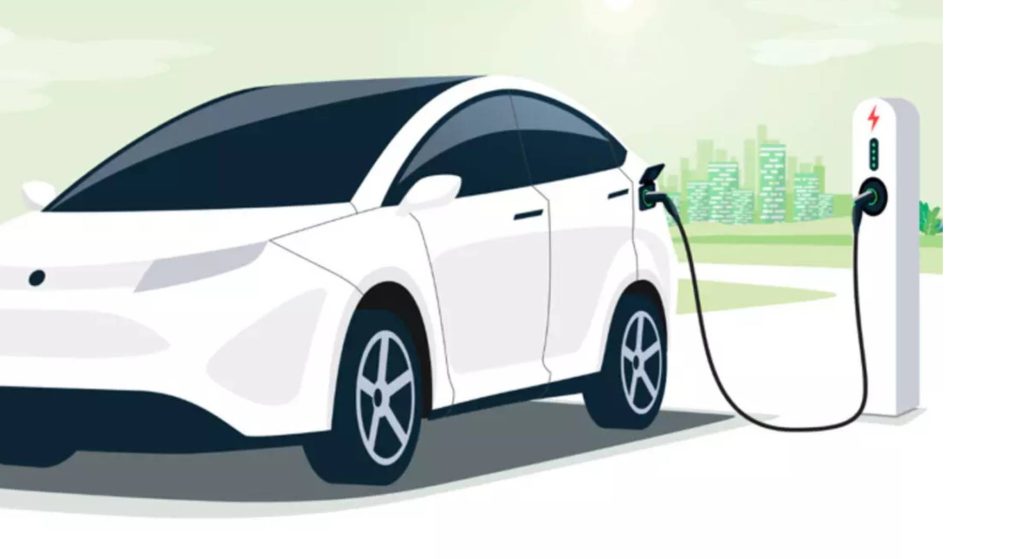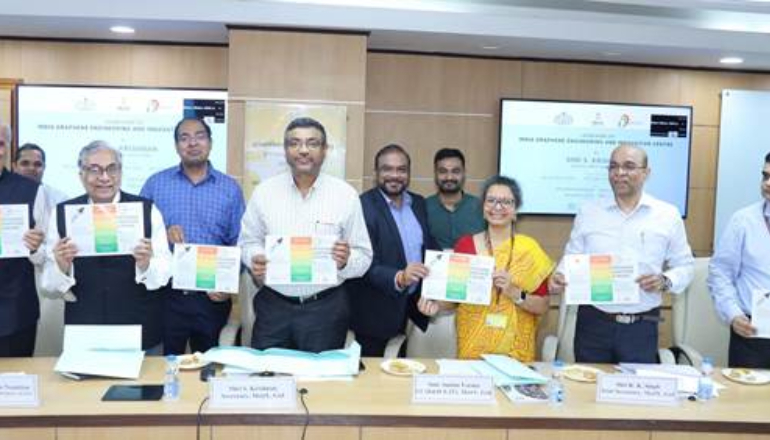A TCS global study predicts 64% of consumers will choose an electric vehicle or EV, in 2025, marking the year of
electric cars.
According to the TCS Future-Ready eMobility Study 2025, over 60% of consumers are either likely or very likely to think about buying an electric vehicle (EV) for their next purchase. The researchers who analyzed how EVs are influencing sustainable mobility in the future said 56% of consumers were willing to spend up to $40,000 on an EV, even though 60% of them stated that charging infrastructure was a significant obstacle.
Key findings:
According to the study, EV adoption was primarily driven by sustainability and reduced operating costs. Although environmental sustainability was cited by consumers and influencers as a primary driver of EV adoption, many EV influencers were not satisfied with the environmental benefits.
* Nearly 48% of EV influencers believe EVs increase carbon emissions just as much as they decrease them.
* 10% even claim that the environment is suffering as a result of EV adoption
* Commercial fleets are still optimistic about electric mobility
* A significant portion of them—53 percent—cite lower operating costs as their main driving force.
* Compared to conventional internal combustion engine (ICE) vehicles, fleet adopters were willing to pay more for electric vehicles (EVs).
Challenges:
Even though consumers’ interest in EVs is growing, there are still many obstacles to overcome, especially in the areas of technological advancements and charging infrastructure.
Although 55% of EV manufacturers have already begun investing in innovation for advancements in battery technology, 74% of them stated that the biggest barrier preventing the EV market from growing further is still the absence of suitable charging infrastructure. To meet the rising demand for EVs, nearly 78% are investing in lower car prices.
Battery is the key:
In contrast to other technological developments, 90% of manufacturers, according to the survey, think that advancements in battery technology will improve EV performance and design in the near future by increasing range and charging speed.
Improvements in battery technology to maximize range and charging speed, according to 90% of EV manufacturers and 84% of EV influencers, will significantly affect EV performance and design.
According to 74% of manufacturers, the largest barrier impeding the growth of the EV market is still charging infrastructure.
72% of companies that provide EV charging infrastructure anticipate big mergers in the EV market due to issues with scaling and financial viability.
31% of respondents believed that 300–400 miles was a better deal, while 41% of consumers stated that 200–300 miles is an acceptable EV range on a single charge.
According to 63% of EV influencers, achieving net-zero objectives and lowering carbon emissions are the main reasons they adopt EVs.
78% of EV manufacturers are investing in lowering vehicle costs, while 55% are investing in research and development for improvements in battery technology.
72% Compared to less than 31% of Japanese consumers, US consumers are likely or very likely to buy an EV as their next car.
Thought leadership:
Anupam Singhal, President, Manufacturing, TCS, said, “The electric vehicle industry is at a defining crossroad, navigating the complexities of scale and transformation. While nearly two-thirds of consumers are open to choosing electric for their next vehicle, manufacturers face challenges like advancing battery technology, complex vehicle designs, and production economics. At TCS, our Future-Ready Mobility vision focuses on creating an interconnected ecosystem powered by AI and Gen AI to drive smarter decision-making and enhanced customer experiences and deliver scalable, sustainable solutions. By addressing these critical challenges, we are accelerating the global shift toward electrified and sustainable transportation.”
Earl Newsome, Global Chief Information Officer, Cummins, said, “The future of mobility is electric, connected, and sustainable—a transformation that will redefine industries and communities alike. The TCS Future-Ready eMobility Study 2025 provides a powerful lens into the challenges and opportunities shaping this journey, emphasizing the critical roles of resilience, innovation, and collaboration. At Cummins, in line with our Destination ZeroTM strategy, we are dedicated to advancing industry-wide decarbonization with a diverse range of power solutions. Our ability to deliver technologies today, while innovating zero-carbon solutions and building partnerships, will ensure a sustainable and enduring future of mobility.”










